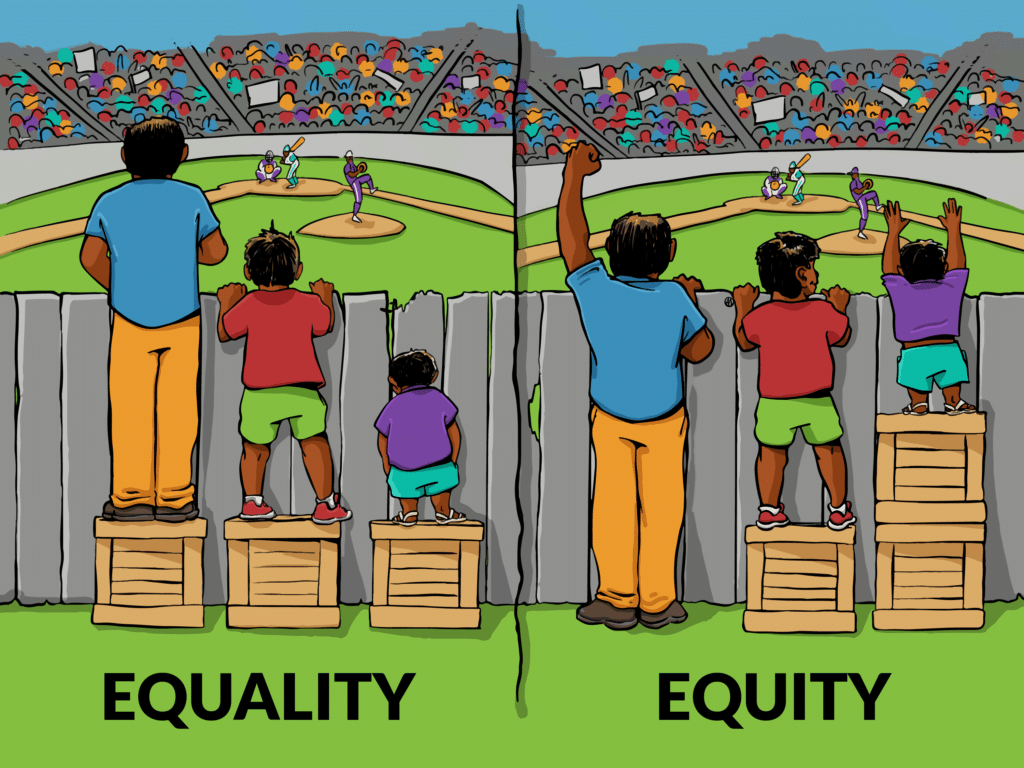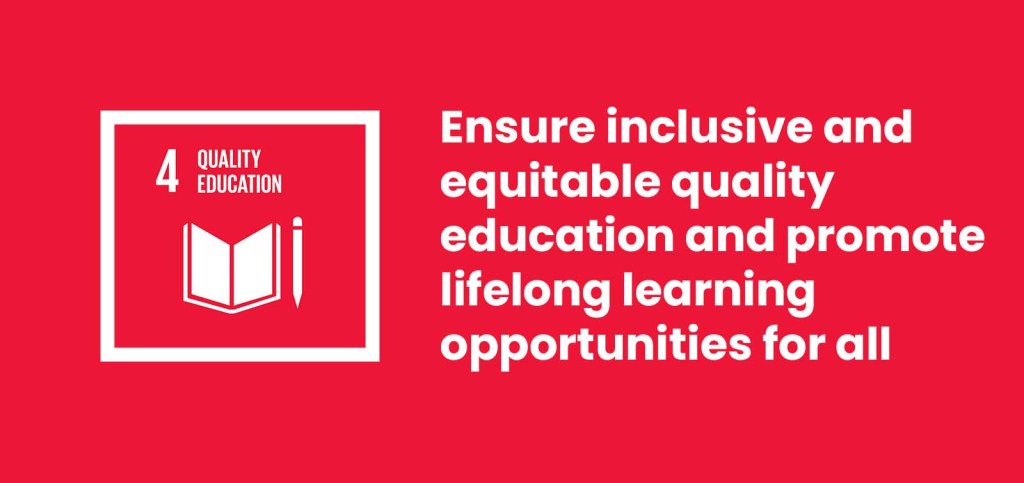Unlock Limitless Learning Opportunities For All: Click Here To Ignite Your Growth!
Learning Opportunities for All
Introduction
Dear Readers,
3 Picture Gallery: Unlock Limitless Learning Opportunities For All: Click Here To Ignite Your Growth!



Welcome to our article on learning opportunities for all. In today’s rapidly changing world, access to education and learning is crucial for personal and professional growth. Unfortunately, not everyone has equal opportunities to learn and acquire new skills. This article aims to explore the importance of providing inclusive learning opportunities for all individuals, regardless of their background or circumstances.

Image Source: hiroshimaforpeace.com
Education is not just limited to formal schooling, but encompasses a wide range of learning experiences that can occur throughout one’s lifetime. Whether it’s through traditional classroom settings, online courses, vocational training, or informal learning, everyone should have the chance to enhance their knowledge and develop new skills.
In this article, we will discuss the what, who, when, where, why, and how of learning opportunities for all. We will also delve into the advantages and disadvantages of such opportunities, providing a comprehensive understanding of the topic. Additionally, we have included a FAQ section to address common queries related to this subject. Lastly, we will conclude by encouraging you, our readers, to take action and support initiatives that promote accessible learning for all.
What Are Learning Opportunities for All?
Learning opportunities for all refer to the various avenues through which individuals can acquire knowledge and skills, regardless of their background or circumstances. These opportunities can be formal or informal, encompassing both traditional and non-traditional learning settings.

Image Source: knowledgeworks.org
Examples of learning opportunities for all include:
Formal education in schools, colleges, and universities
Online courses and e-learning platforms
Vocational training programs
Workplace training and development initiatives
Informal learning through community programs, workshops, and self-study
These opportunities aim to empower individuals with the knowledge and skills necessary for personal and professional growth.
Who Can Benefit from Learning Opportunities for All?

Image Source: isglobal.org
Learning opportunities for all are designed to benefit individuals from all walks of life, regardless of their age, gender, socioeconomic status, or geographical location. Everyone, from children to adults, can benefit from inclusive learning initiatives.
Children and young adults can acquire a strong educational foundation through formal schooling and extracurricular activities. Adults, on the other hand, can enhance their existing skills or explore new areas of interest through vocational training, online courses, or workplace development programs.
Furthermore, individuals from marginalized communities, such as those with disabilities or from low-income backgrounds, stand to gain the most from inclusive learning opportunities. By providing them with access to education and training, we can bridge the gap and promote equality.
When and Where Can Learning Opportunities for All Occur?
Learning opportunities for all can occur at any stage of life and in various settings.
Formal education typically takes place during childhood and adolescence, within schools, colleges, and universities. However, learning does not stop after graduation. Lifelong learning initiatives ensure that individuals can continue to acquire new knowledge and skills throughout their adult lives.
With the advent of technology, learning is no longer confined to physical classrooms. Online courses and e-learning platforms offer flexibility and convenience, allowing individuals to learn anytime and anywhere.
Additionally, vocational training programs and workplace development initiatives provide learning opportunities within specific industries or organizations.
Informal learning opportunities can be found within community centers, libraries, and through self-study. These avenues enable individuals to pursue personal interests and acquire skills outside of formal education systems.
Why Are Learning Opportunities for All Important?
Learning opportunities for all are vital for several reasons:
Equal Access: By providing inclusive learning opportunities, we ensure that everyone has an equal chance to acquire knowledge and skills, regardless of their background or circumstances.
Social Mobility: Access to education and training can uplift individuals from disadvantaged backgrounds, enabling them to improve their socio-economic status and lead fulfilling lives.
Personal Growth: Learning fosters personal growth and development, allowing individuals to explore their passions, build confidence, and unlock their full potential.
Workforce Development: In an increasingly competitive job market, continuous learning is essential for career advancement. Learning opportunities for all equip individuals with the skills necessary to succeed in their chosen fields.
Societal Progress: A well-educated and skilled population is crucial for societal progress and innovation. By providing learning opportunities for all, we contribute to the overall development of our communities.
Overall, learning opportunities for all are fundamental to creating a fair and inclusive society.
How Can We Ensure Learning Opportunities for All?
Ensuring learning opportunities for all requires a multi-faceted approach:
Policy Support: Governments and educational institutions should prioritize inclusive education policies and allocate resources towards providing equal access to learning opportunities.
Financial Assistance: Scholarships, grants, and subsidies can help individuals overcome financial barriers and pursue education and training.
Accessible Learning Platforms: Online courses and e-learning platforms should be designed to cater to individuals with diverse learning needs, including those with disabilities.
Community Engagement: Collaboration between community organizations, schools, and businesses can create additional learning opportunities through workshops, mentorship programs, and internships.
Public Awareness: Raising awareness about the importance of inclusive learning and advocating for equal opportunities can drive positive change.
By implementing these measures, we can work towards a society where learning opportunities are truly accessible to all.
Advantages and Disadvantages of Learning Opportunities for All
Advantages:
Equal Access: Learning opportunities for all ensure that no one is left behind, promoting equality and social inclusion.
Personal Development: Individuals have the chance to develop new skills, explore their interests, and unlock their full potential.
Workforce Readiness: Accessible learning opportunities equip individuals with the skills necessary to succeed in the job market.
Innovation and Progress: A well-educated and skilled population fosters societal progress and drives innovation.
Social Mobility: Learning opportunities can uplift individuals from disadvantaged backgrounds, providing them with the tools to improve their lives.
Disadvantages:
Cost: Accessing learning opportunities may be financially burdensome for some individuals, particularly those from low-income backgrounds.
Technical Barriers: Lack of access to technology or reliable internet connectivity can hinder individuals from benefiting from online learning platforms.
Quality Assurance: Ensuring the quality and credibility of diverse learning opportunities can be a challenge.
Time Commitment: Pursuing learning opportunities may require individuals to dedicate significant time and effort.
Learning Style Compatibility: Different individuals have varying learning preferences, and not all opportunities may cater to their preferred style.
Despite these disadvantages, the benefits of inclusive learning opportunities far outweigh the challenges.
Frequently Asked Questions (FAQs)
1. Are learning opportunities for all limited to formal education?
No, learning opportunities for all encompass both formal and informal education. They include traditional classroom settings, vocational training programs, online courses, and informal learning experiences.
2. How can learning opportunities for all benefit individuals from marginalized communities?
Learning opportunities for all can empower individuals from marginalized communities by providing them with access to education and training, helping bridge the gap and promote equality.
3. What role does technology play in providing learning opportunities for all?
Technology plays a significant role in expanding access to learning opportunities. Online courses and e-learning platforms offer flexibility and convenience, allowing individuals to learn anytime and anywhere.
4. How can communities support learning opportunities for all?
Communities can support learning opportunities for all by collaborating with educational institutions and businesses to create additional learning initiatives, such as workshops, mentorship programs, and internships.
5. What can individuals do to promote inclusive learning opportunities?
Individuals can raise awareness about the importance of inclusive learning and advocate for equal opportunities. They can also support organizations and initiatives that promote accessible education and training.
Conclusion
Dear Readers, we hope this article has shed light on the significance of learning opportunities for all. Access to education and training should not be limited by one’s background or circumstances. By ensuring inclusive learning opportunities, we can empower individuals, promote equality, and contribute to the overall development of our society.
We encourage you to take action and support initiatives that advocate for accessible education and training. Together, we can create a world where learning knows no boundaries.
Final Remarks
Learning opportunities for all are essential for personal and professional growth. While this article has provided an overview of the topic, it is important to conduct further research and engage with organizations working towards inclusive education. The information presented here is intended as a starting point and should not be seen as exhaustive. We strive to promote accessible learning for all and encourage you to explore ways to support this cause.
This post topic: Offline Classes
